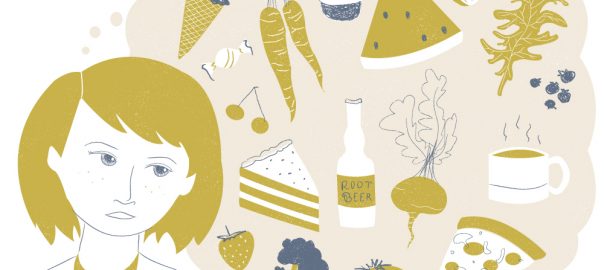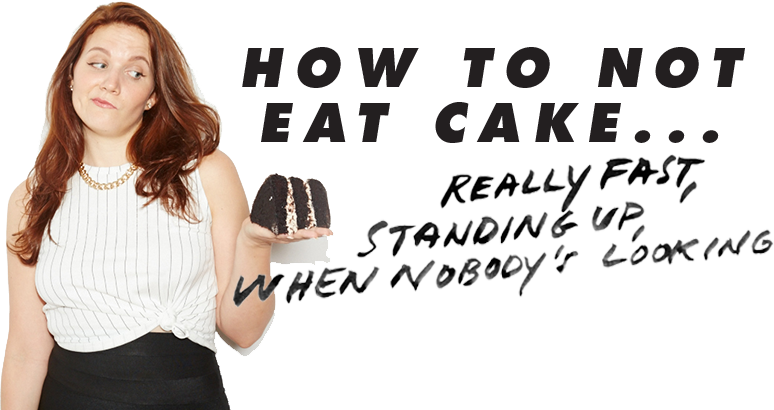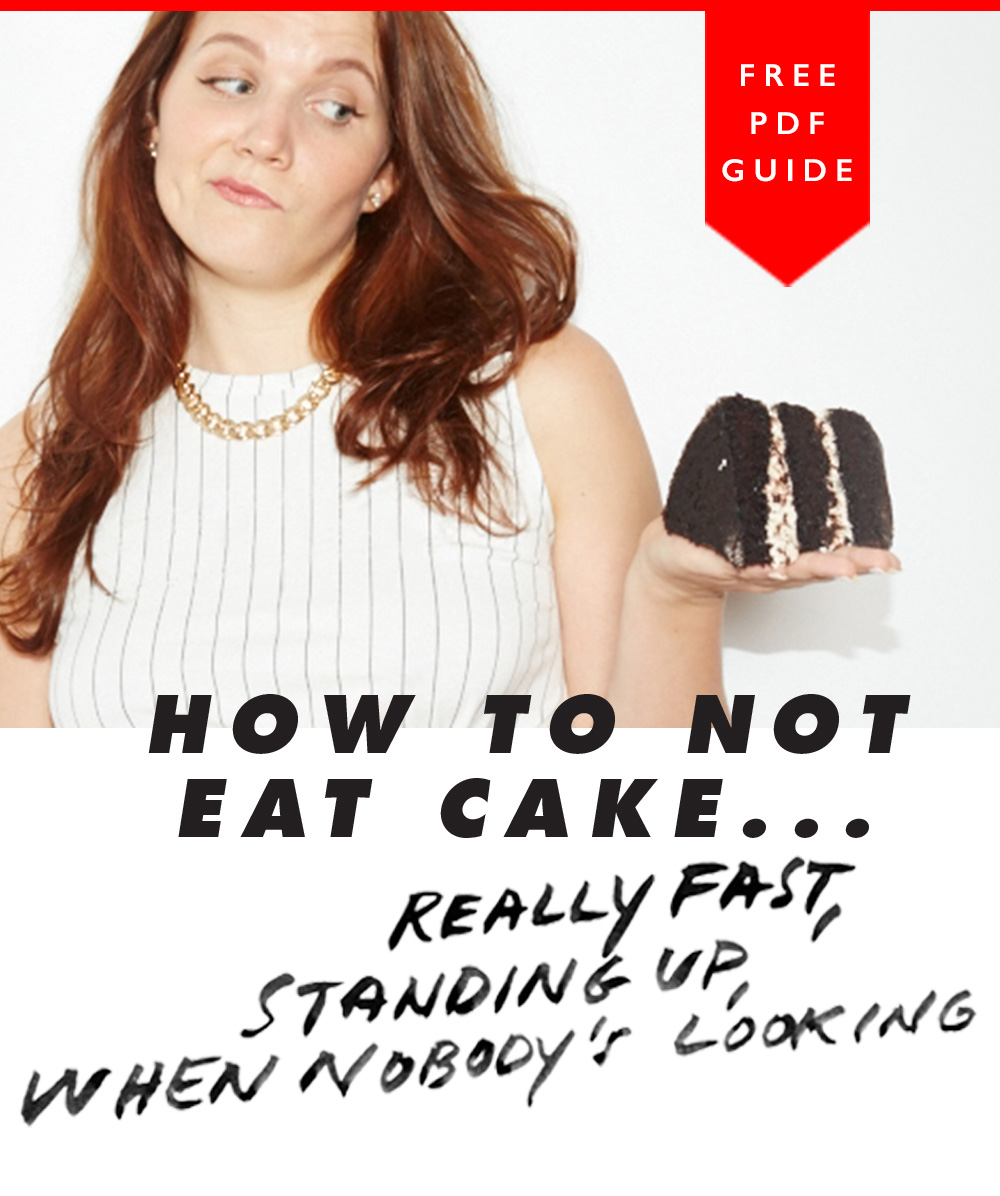
Letting Go of “Health-ism” and Related Panic
Today I want to talk about “health-ism,” or the moral righteousness we ascribe to making “healthy” choices (however you define that word).
I’ve spoken about this before—about the very real anxieties many face when making non-weight related “health” choices (which you can read about here), as well as the increasing cultural problem of health-related social stigma (e.g. when we unfairly judge the character of ourselves or others based on health status or health choices—more on this here).
“Health-ism” or “Nutrition-ism” has been called our most prominent “new religion,” as people convert to different sects in droves—committing fervently to X, Y or Z dietary path of choice—and truly believing that “this way of eating” will save them.
People steadfastly cling to the belief that they can make themselves “pure” or even immortal (outsmarting death, disease, etc.) by making “correct” food choices—spending hours studying the literature, listening to gurus, or trying to find the golden key.
This idea that we can outsmart death and disease—that we can effectively prevent “bad things” from happening to us if we make the “right” food choices—is particularly interesting, considering how incredibly faith-based, and un-scientific, this sentiment really is.
Food doesn’t even come close to the top of the list of things that will likely kill me or anyone else—genetics, environment, age, and various factors outside of my control are far better predictors of illness or death—
yet we cling desperately to the delusion that food is the primary determinant of our fate, frantically trying to “play God” through our food choices.
Of course, this belief puts an enormous amount of pressure on our food choices—pressure that mere humans simply can not live up to 100% of the time—leading to inevitable anxiety, frustration, and self-flagellation, whenever we “slip,” eat the “wrong” thing, or even fall ill.
Perhaps we could avoid these anxieties if we remembered that the system was designed to break down over time; that Death is an inevitability—not a punishment that can be avoided through righteousness.
If we embraced, rather than feared, the uncertainty of life—how instead might we choose to spend our time and energy? Obsessively trying to avoid death and pain (and almost certainly failing at that goal)?
Or enjoying the precious life that we do have left to live on this planet? Relishing our aliveness, rather than fearing our death.
Something to consider.
Like this post? Check out my free video training series on “ending the crazy around food.”

